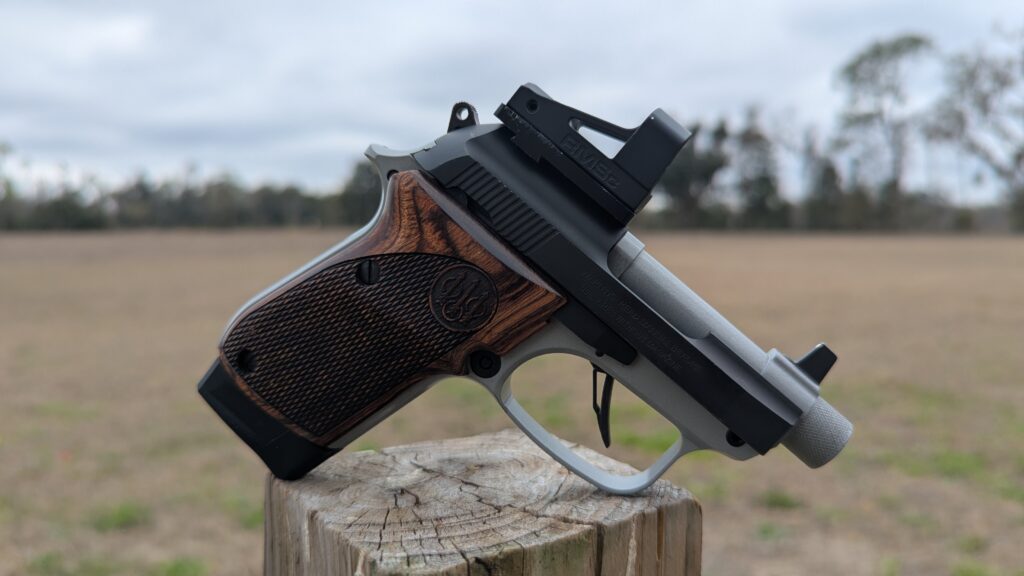While the Trump Administration has greatly advanced gun rights during the president’s second term, the U.S. Department of Justice (DOJ) is currently arguing the wrong side of a lawsuit challenging the ban on the sale of handguns to nonresidents.
DOJ Against Interstate Handgun Sales
In an analysis posted at Reason.com, Senior Editor Jacob Sullum explained how the government, in the case Elite Precision Customs v. ATF, has filed a brief with the U.S. District Court for the Northern District of Texas Fort Worth Division arguing that the restriction “serves legitimate objectives” and “only modestly burdens the right to keep and bear arms.”
“The challenged regime here … only modestly burdens Second Amendment rights and is ‘consistent with the principles that underpin our regulatory tradition [of firearms],’” the government’s brief argues. “It merely channels handgun purchases through FFLs, modestly delaying the time an individual who purchases a handgun while out-of-state may take delivery of a handgun. That regime deters the sale of firearms to dangerous persons and discourages the evasion of state law. It also does not prohibit the purchase of any type of handgun for any lawful purpose.”
Advertisement — Continue Reading Below
DOJ Off The Rails
Somewhere along the way, it seems that someone at the DOJ has forgotten how the president has demanded that onerous unconstitutional regulations like the ban on interstate handgun sales be trashed for the good of American gun owners. And that someone is spending your and my hard-earned tax dollars to defend the unjust law in the courtroom against a well-reasoned Second Amendment challenge.
The lawsuit was brought by the Firearms Policy Coalition (FPC), which focuses on fighting unconstitutional gun laws through litigation. On July 14, the FPC filed a motion for summary judgment arguing that the law banning licensed firearm dealers from selling handguns to buyers who live in another state violates the Second Amendment.
“Despite throwing at the wall a wide variety of regulations and restrictions on the right that existed between the early 17th century and the early 19th, the government does not cite a single law that burdened the right of peaceable citizens to acquire arms in another state or colony in any way like the laws at issue here, or for anything approaching the same reasons,” the motion states. “The issue for this Court to resolve is simply whether the government’s ban is historically justifiable, and it is not. That is fatal to the government’s case.”
Advertisement — Continue Reading Below
Ultimately, the plaintiffs asked the court to grant Plaintiffs’ motion for summary judgment and deny the government’s motion to dismiss the case. If FPC and its co-plaintiffs are successful, the federal government will no longer be able to enforce the ban, and individuals will be able to buy handguns in states other than their state of residence.















